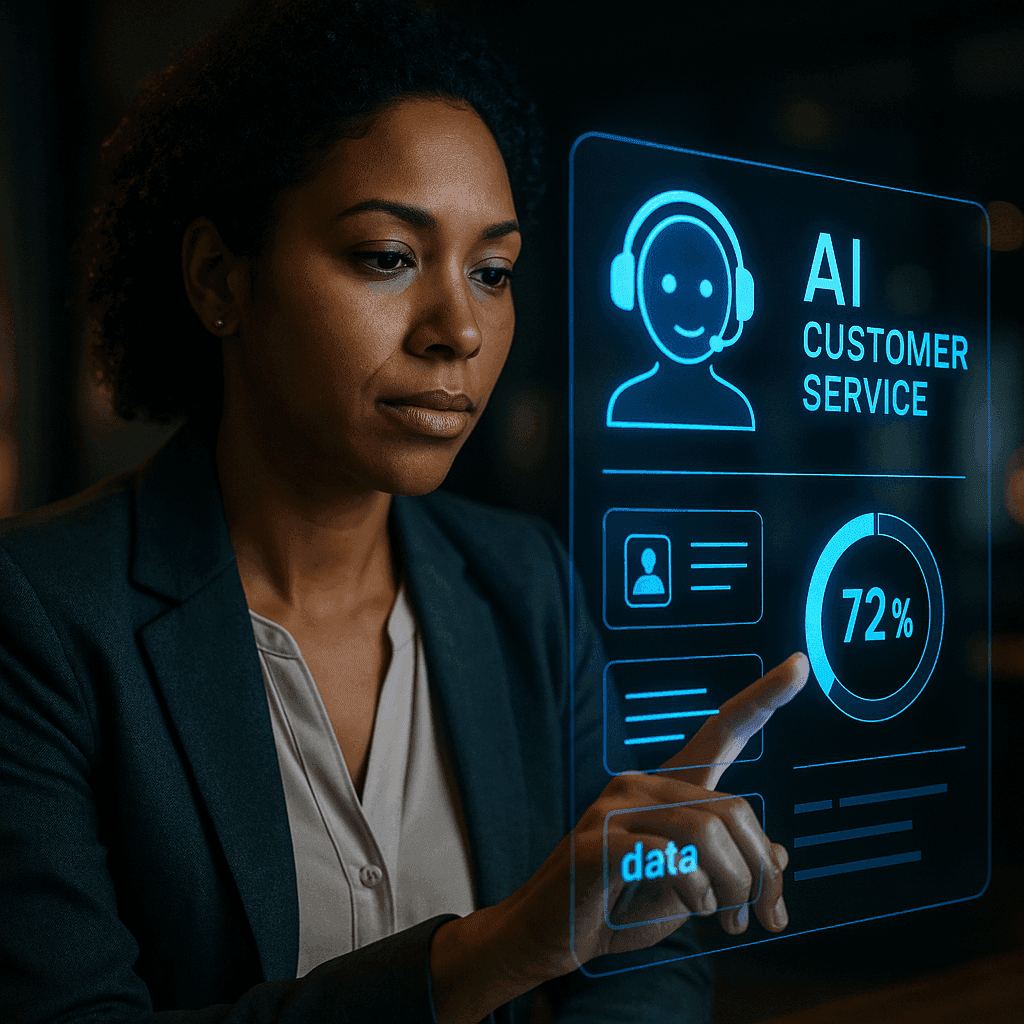Is Your AI Agent a Ghost in the Machine? Why Logging is No Longer Optional

Is Your AI Agent a Ghost in the Machine? Why Logging is No Longer Optional
Remember when the biggest audit headache was tracking human actions? Fast forward to today, and we have autonomous AI agents humming away in our business-critical systems, making decisions, and performing tasks with little to no human oversight. Sounds efficient, right? It is – until you realize these digital powerhouses can leave behind operational blind spots bigger than a black hole.
Traditional logging methods? They’re like trying to catch smoke with a sieve when it comes to AI agents. Regulators are catching on, and industry standards are rapidly evolving. The message is clear: every action, whether by human or AI, needs a transparent, auditable record. Why? Because accountability, risk mitigation (think data leaks!), and maintaining trust in your AI operations demand it.
The "Black Box" Problem: Where Did My AI Go?
Here’s the rub: many AI agents operate like a "black box." They make decisions, execute actions, and then poof – the trail vanishes. This makes forensic analysis a nightmare and compliance verification nearly impossible. It's like having an autopilot that flies the plane perfectly but deletes its flight recorder after every trip. Who decided what? Why? What alternatives were considered? Traditional logs just don’t capture this crucial intent and context.
Adding to the challenge, these AI agents often become "agentic identities" – essentially, non-human accounts with access to critical systems. Without proper ownership, approval, and change management, it's a recipe for security risks, persistent errors, and even sensitive data exposure. In fact, a recent 2025 survey found that over 65% of organizations deploying agentic AI consider tracking and auditing AI actions their #1 governance challenge. Yikes!
From Black Box to "Flight Data Recorder": The Modern Solution
Good news! We're moving past the black box era. Modern solutions are transforming AI agents into fully observable assets. Enter structured logging using protocols like the Model Context Protocol (MCP). Think of MCP as that indestructible flight data recorder for your AI, capturing everything:
- Agent ID & Task Context: Who is doing what?
- Initiating Authority: Human or machine?
- Action Performed & Reasoning: What happened, and why?
- Evidence & Alternatives: What data was used, and what other paths were considered?
Beyond just logging, dedicated observability platforms are now stepping up. These platforms offer searchable logs of all AI tool calls, complete with success/failure status and context. They provide granular audit trails, built-in rules to redact sensitive data, and even integrate with your existing SIEM/SOAR systems for real-time alerts and automated responses. It’s like giving your AI its own highly detailed, constantly updated diary that can be cross-referenced with your security systems.
We’re also seeing agent logic maintained as code, meaning AI decision policies are version-controlled and auditable just like any other business logic. Plus, "smart governance" is automating the entire lifecycle management of AI identities, from registration to deactivation, ensuring every non-human user has a clear owner.
Real-World Wins: Audits, Security & Peace of Mind
Businesses are already seeing massive benefits:
- Realm.Security used structured logging for their Phishing Triage Assistant. Every decision, every API call was captured, turning the agent into a "fully observable asset." These logs fed into both security monitoring and long-term compliance archives.
- Companies like StrikeGraph are deploying AI agents to analyze access logs and verify security settings. Each step is logged, providing a ready-made audit trail and making human-in-the-loop reviews even more efficient.
- In HR and employee data processing, custom logging rules can automatically block or redact sensitive PII (think SSNs!) directly in the logs, bolstering data privacy.
The impact is tangible: organizations implementing context-rich agent logging report audit cycle times reduced by up to 40% and incident investigation time cut by more than half! That’s not just good for compliance; it’s good for the bottom line.
The Future is Glass: AI Observability as a Core Pillar
Experts predict a shift from "black box" to "glass box" AI. We're talking "explainable logging" standards where every high-impact action comes with its chain-of-thought and justification. AI observability isn't just a nice-to-have; it's becoming a core compliance pillar, with automated auditing solutions (yes, AI inspecting AI!) taking center stage in risk and ethics frameworks.
Expect adaptive governance tools that can trigger instant human review for anomalous or high-risk actions, and continuous optimization of agent logic through observability insights. The goal? To build truly safe, accountable, and high-performing AI systems.
Don't Get Left in the Dark
Comprehensive, context-rich logging and auditing of AI agent actions are no longer optional – they are the bedrock for any business deploying AI in sensitive or critical workflows. Investing in structured logging, agent-centric audit trails, and adaptive observability solutions today won't just keep you compliant; it will give you a strategic advantage, ensuring your AI agents are working for you, transparently and accountably.
More Articles

The CX Revolution: 65+ AI Customer Service Stats You Need for 2025
Explore how AI is rapidly transforming customer service by 2025, from lightning-fast chatbots to hyper-personalization, and why a human touch still matters.

Is AI Taking Over Customer Service? What 2025 Really Looks Like
Explore how AI is reshaping customer service in 2025, from hyper-personalization to autonomous agents, and discover the essential balance between efficiency and the human touch.